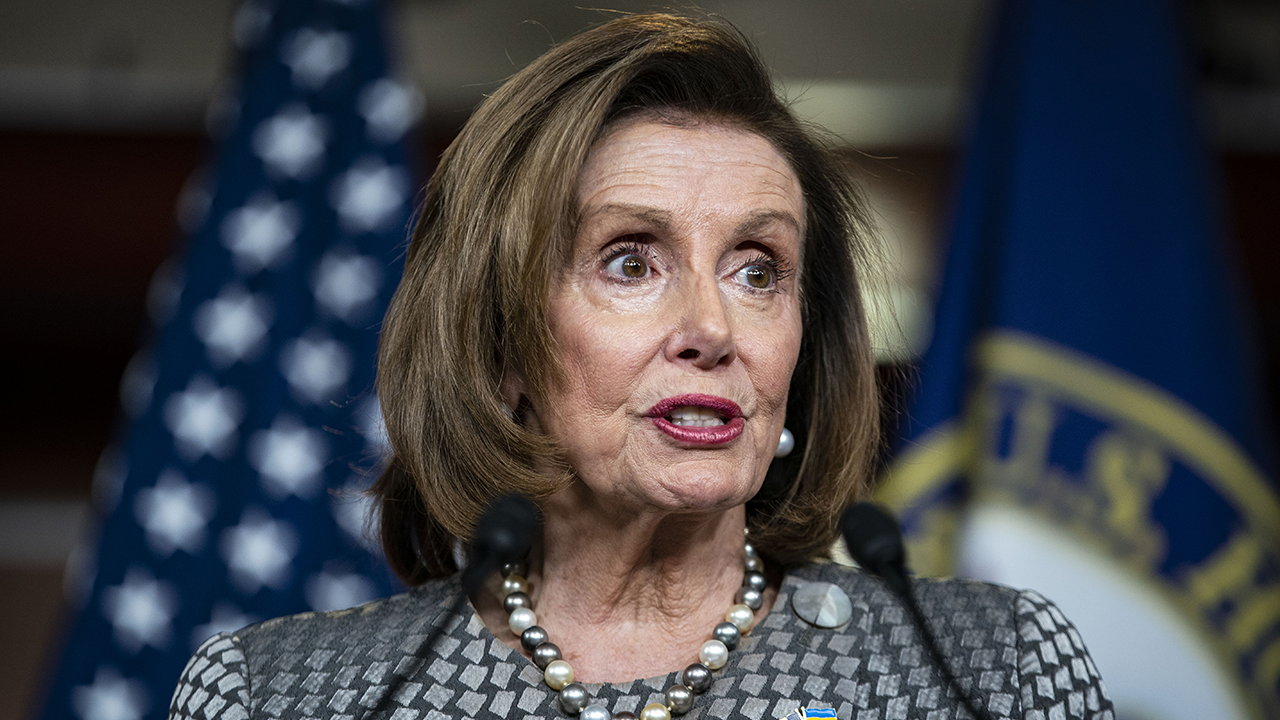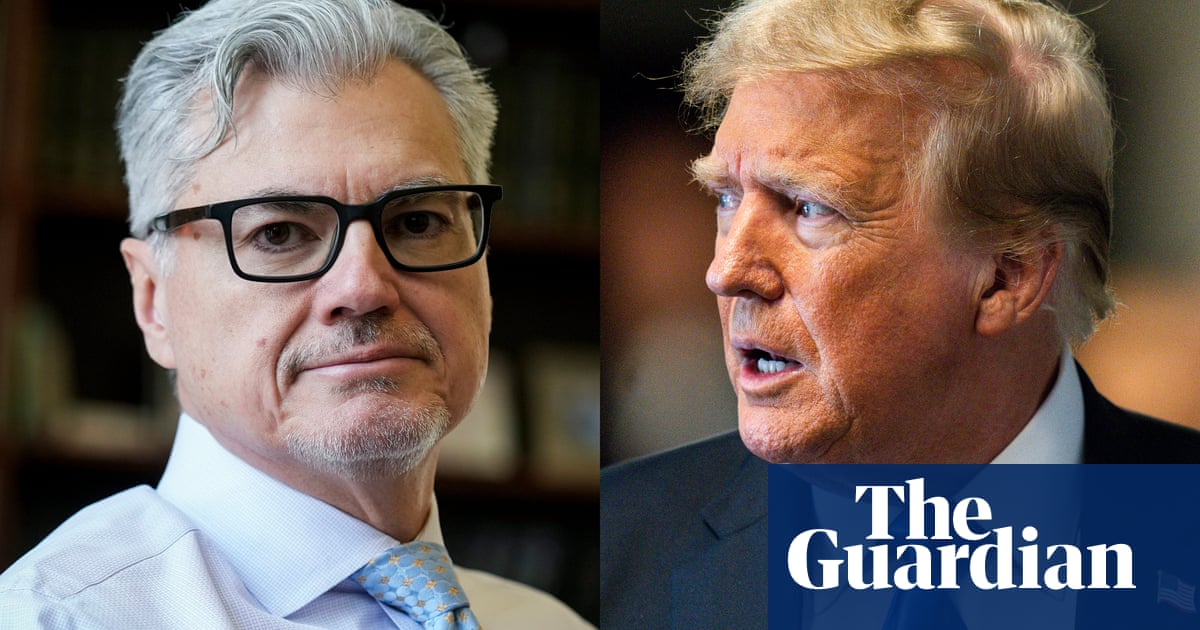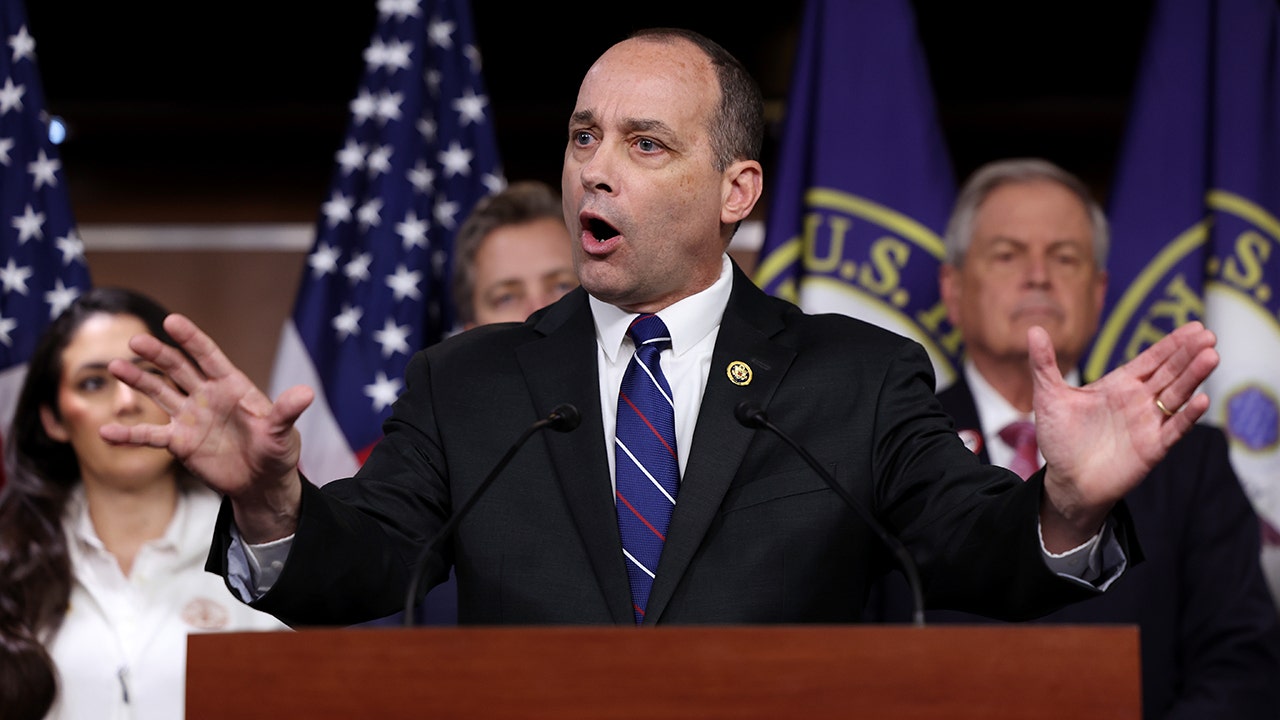Crypto
Cryptocurrency and FTX, 6 Months On | Financial Services | Bitcoin

Never a stranger to volatility, cryptocurrency has seen a number of ups and downs over the years since its inception back in 2009. The last year, however, has been a particularly eventful one.
May 2023 marked six months following the collapse of the crypto exchange FTX. This proved to be a watershed moment for the industry and which has had substantial implications for both crypto firms and consumers, and has resulted in increased in scrutiny from governments and regulators.
We have set out below a recap of what happened to FTX, why this occurrence was so significant and what has happened in the crypto world in the six months since.
2022 – A recap
In the early months of 2022, there was plenty to be positive about in the crypto world, particularly within the UK. April 2022 saw the end of the Financial Conduct Authority’s Temporary Registration Regime, and the full implementation of the legal requirement for all new and existing cryptoasset businesses to register with the FCA for the purposes of anti-money laundering rules before being able to operate. This concluded a two-year implementation process, and was one of the first key steps towards introducing a regulatory framework for crypto, and helped drive efforts to move it away from its perception as a tool for crime and money laundering.
A more significant political development also came in April 2022 with the announcement of the UK government’s plans to make the country a “global hub for cryptoasset technology and investment.” These plans were spearheaded by then-Chancellor Rishi Sunak, and comprised an initial package of plans including the planned use of stablecoins as a recognised form of payment, and opened up a call for evidence regarding the use of distributed ledger technology in financial markets. The announcement also included plans for the government to work with the Royal Mail to create its very own non-fungible tokens (NFTs). Sunak’s subsequent elevation to the role of Prime Minister later in the year only served to bolster confidence in these pledges.
In terms of the markets, summer 2022 saw ongoing fluctuations in the value of Bitcoin – itself the largest and arguably the most well-known cryptocurrency – which were indicative of gradual market re-balancing following volatility which had been seen over the year prior.
On the tech front, progress was made in September 2022 when the Ethereum network successfully migrated its operating systems from a ‘proof of work’ system to ‘proof of stake’. This was expected to significantly cut down the amount of work and energy required to enable the network to operate and for transaction validations to occur, which has long been a source of criticism for cryptocurrencies.
Despite this buzz of activity, crypto had its “Black Friday” moment in November 2022, with the much-publicised collapse of FTX, which looked to undo much of the positivity that had been generated over the course of the year.
What was FTX?
FTX (short for “Futures Exchange”) was a Bahamas-based company led by CEO Sam Bankman-Fried, which operated as an exchange for cryptocurrencies and other digital assets.
Crypto exchanges are intended to allow users and investors to store their digital assets online, and allows users to swap, buy, sell, and exchange cryptocurrencies. In practical terms, crypto exchanges operate in a similar way to a traditional exchange platform and can also resemble a type of banking service, and there are a number of potential benefits to customers in using an exchange. They can allow users easy access without the need for self-storage and the risk of the user losing their own wallets or the “keys” necessary to access these. They also facilitate and enable the purchase and sale of crypto assets, and so can be particularly attractive to investors who are often looking to buy and sell quickly.
Like a bank, however, crypto exchanges are also businesses in their own right and aim to make profits from the services they provide. Crypto exchanges are also susceptible to market pressures and liquidity shortages. In the case of FTX, market speculation arose following a mass-sale of the cryptocurrency FTT (FTX’s own native token), resulting in a classic bank run situation, with customers seeking to withdraw their cryptoassets from the exchange. FTX proved unable to fulfil the volume of customer withdrawal demands, and it quickly ceased processing withdrawals altogether. Shortly afterwards, Bankman-Fried resigned his position and administrators took control of the company’s affairs and conducted an initial investigation into the state of business. The subsequent Bankruptcy filings made for sobering reading. These indicated that the total assets held could not be readily identified by the administrators, though were believed to be worth billions. As for the operation of the business itself, the administrator’s findings were stark:
“Many of the companies in the FTX Group, especially those organized in Antigua and the Bahamas, did not have appropriate corporate governance. I understand that many entities, for example, never had board meetings…”
“The FTX Group did not maintain centralized control of its cash. Cash management procedural failures included the absence of an accurate list of bank accounts and account signatories, as well as insufficient attention to the creditworthiness of banking partners around the world.”
“In the Bahamas, I understand that corporate funds of the FTX Group were used to purchase homes and other personal items for employees and advisors…”
“The Debtors did not have the type of disbursement controls that I believe are appropriate for a business enterprise. For example, employees of the FTX Group submitted payment requests through an on-line ‘chat’ platform where a disparate group of supervisors approved disbursements by responding with personalized emojis…”
Almost overnight, FTX went from being the third largest crypto exchange globally to being all but wiped out. Millions of customers were left unable to access their funds, with no indication as to when – if at all – they could expect to recover their funds. On the back of this, Bankman-Fried was arrested and charged in the US for various counts of fraud and other activities, with a trial expected to take place in late 2023.
The impact of FTX
It is hard to understate the significance of the FTX collapse on the cryptocurrency industry. Some may ask how the failure of a single business can have such a significant impact on an industry in the way FTX has.
The answer to this perhaps lies in the fact that cryptocurrency remains a relatively new and emerging technology, with public knowledge and understanding being relatively limited, meaning that overall confidence and trust in the technology is not yet established. Furthermore, whilst there are a significant number of cryptocurrencies and business operating within the industry, public knowledge is typically limited to just a small number of these entities, which gives those particular businesses and assets a large amount of power within the industry. So, when one of these key market players fail, this alone can be significant in shaping opinions. Cryptocurrency also has an ongoing battle in fighting against a reputation as being a tool mainly used for illegal purposes, and so the initial findings published about the management of FTX inevitably adds fuel to this fire.
It is important to note at this stage that cryptocurrency and cryptocurrency exchanges are not one and the same – an exchange is an institution designed to enable the storage and exchange of cryptocurrencies such as Bitcoin. It is not of itself an asset, although may issue its own forms of currency and digital tokens. In practical terms, however, the two are often grouped together within a wider concept of ‘crypto’, and so the failure of an exchange may often be perceived as an indictment of cryptocurrencies themselves.
In the immediate aftermath of the FTX collapse, other crypto exchanges began damage-control exercises to try and reassure their customers and re-establish market confidence. Some exchanges went to the extent of publishing their own accounts and proof of reserves, in order to convince customers that their assets were safe.
The fallout from FTX unsurprisingly caught the eye of governments and regulators. Less than two weeks following the collapse, the Deputy Governor for Financial Stability at the Bank of England, Sir Jon Cunliffe, publicly spoke about FTX and the problems with cryptocurrencies as he saw them:
“‘Crypto’ was born in unregulated space: indeed, part of the objectives of its early developers was to create a financial system outside regulation. While not yet of systemic scale, the crypto ecosystem has grown very rapidly in recent years and broadened to encompass a range of financial services.
Moreover, it is not clear to what extent to which these platforms are truly decentralised. Behind these protocols typically sit firms and stakeholders who derive revenue from their operations. Moreover it is often unclear who, in practice, controls the governance of the protocols.
More generally, as with driverless cars, they are only as good as the rules, programmes and sensors which organise their operations.”
Critically, he also indicated that whilst the failure of a crypto exchange such as FTX was not presently enough to threaten wider financial markets, he did not wish to see a situation where such a scenario could happen, and so expressed support for an effective and robust regulatory framework for crypto.
As the year drew to a close, it seemed that fortunes had taken a significant downturn for cryptocurrency. The positivity surrounding the industry from earlier in the year and the UK’s plan to build a “global hub” was in significant doubt.
2023 onwards
As the dust has begun to settle following the events of FTX, 2023 has seen a number of developments take place which suggest crypto is on a gradual – if unsteady – road to recovery.
February 2023
At the start of February, the UK Government released the details of its plans to formally regulate cryptocurrency and digital assets, declaring “we remain steadfast in our commitment to grow the economy and enable technological change and innovation – and this includes cryptoasset technology.”
As part of the announcement, the government opened up a public consultation and call for evidence in respect of its plans, which include proposals to categorise the acts of arranging and advising on crypto investments as regulated activities for the purposes of the Financial Services and Markets Act (Regulated Activities) Order 2001, as well as bringing the marketing of cryptoassets and associated investments into the remit of the existing regulations on financial promotions.
The re-pledging of commitment towards cryptoassets was a welcome move for the industry, which had been left in a state of uncertainty following the FTX collapse and the criticisms raised by regulators in the aftermath.
March 2023
As the public consultation for crypto regulation began, the FCA remained diligent in monitoring potentially illegal crypto activity, and issued details of recent crackdown operations it had overseen across the country in conjunction with the Metropolitan Police in respect of “Crypto ATMs”, which are machines allowing people to acquire crypto assets by depositing cash. The FCA has issued reminders that, at the time of writing, no businesses were registered or authorised to operate such machines.
This same month saw another significant development which may have inadvertently served to bolster crypto’s fortunes. This was the collapse of the US-based Silicon Valley Bank (“SVB”). This was a bank which had typically focused on the technology sector, but which faced growing market uncertainty owing to various concerns about its investment strategy and liquidity, which culminated in another ‘bank run’ situation with customers seeking to withdraw their funds en masse, which the bank struggled to fulfil. UK customers were luckily safeguarded following action by the FCA which oversaw and approved the purchase of the bank’s UK arm by HSBC. This prevented the need for any government bailouts, and helped to ensure UK customers were able to go about business as normal.
Nonetheless, the situation with SVB often looked to be comparable to what had been seen with FTX mere months earlier. This served as a reminder that even traditional financial institutions such as banks are not immune to financial pressures and can ultimately fail, resulting in potentially significant impacts on consumers. It showed that the issues which were seen with FTX were perhaps not down to any inherent risks or failures of cryptocurrency itself.
May 2023
On 17 May, the UK’s Treasury Committee released a report setting outs its analysis of the crypto-asset industry and its views as to how future regulation should work. Whilst the Committee welcomed the government’s proposals from earlier in the year for regulating the industry, it also made it clear that it considered unbacked cryptoassets such as Bitcoin to have no intrinsic value and serve “no useful social purpose”. It further expressed concerns that if the government regulated cryptoassets as a form of financial service, this risked giving consumers a false sense of security about the assets and could lead them to believe investments are safer than they are.
The Committee summarised its findings by saying it must “strongly recommend that the Government regulates retail trading and investment activity in unbacked cryptoassets as gambling rather than as a financial service.”
In response, the trade association, CryptoUK, published a statement saying that it “strongly disagreed” with the Committee’s findings and considered them “unhelpful, false, fundamentally flawed and unsubstantiated” as a whole, and that it failed to “reflect the true nature, purpose and potential of the crypto industry”. It did, however, confirm its willingness to work with and support the government’s moves towards regulation and to engage with the FCA and Treasury to work to find solutions to some of the problems presented. These statements perhaps signify a potential for greater collaboration and communication between the industry and regulators in the future.
June 2023
At the start of June, the UK’s All-Party Parliamentary Group for Crypto and Digital Assets issued its initial report following its inquiry into the topic of crypto regulation, which contained details of the submissions it had heard during the course of its investigations, along with making a series of recommendations for policymakers. In a stark contrast to the Treasury Committee’s report from the previous month, this latest report talked about the practical benefits of crypto and made particular reference to how cryptocurrencies had been used by Ukranians to allow them to continue to buy goods and services even after infrastructures and ATMs were damaged due to the ongoing conflict. The report went on to talk about how the Government should aim to “harness the significant opportunities” for economic growth arising from crypto, and emphasised the need to ensure regulators were given sufficient resources and skills to be able to properly understand the industry and to effectively regulate it.
Conclusions
As the events of the past year have shown, cryptocurrency remains incredibly unpredictable and it is in often hard to predict from one month to the next what developments will be seen.
2022 was, in many respects, a positive year for the industry, particularly within the UK, thanks to the government’s declarations of its ambitions for the use of digital assets. Whilst, it cannot be denied that the failure of FTX also caused the industry and its reputation to suffer significant damage, it does seem that this was also one of the key moments which served to spur governments and regulators to really move forward with their plans for regulation and the introduction of a proper legal framework for the industry, which can only prove beneficial in the long run and help the industry move it away from its “Wild West” image.
Overall, from the events of 2023 it does appear that crypto is on a gradual road to recovery following the events of FTX, and the UK in particular is clearly driving towards bringing about a full and robust regulatory framework for these assets. Whilst there will inevitably be further challenges on the way, the moves towards a proper regulatory framework may go a significant way to showing that crypto is here to stay and that the industry can learn the lessons it needs to from FTX, and allow cryptocurrency to continue to innovate and challenge financial norms in a way which will support individuals and investors alike.
Our Financial Services team have expertise in Cryptocurrency and FTX, click through to find out how we can help your business.
The content of this page is a summary of the law in force at the present time and is not exhaustive, nor does it contain definitive advice. Specialist legal advice should be sought in relation to any queries that may arise.

Crypto
Idris Elba Promotes Cryptocurrency in West Africa – BORGEN

BOSTON, Massachusetts — Golden Globe Award-winning movie star Idris Elba is taking a leading role in promoting financial freedom in his ancestral homeland of West Africa. He has partnered with the Stellar Development Foundation, a nonprofit organization dedicated to creating equitable access to the global financial system through blockchain technology. Together, Elba and the Stellar Development Foundation have assembled a strategic team aiming to integrate millions of West Africans, who currently lack any personal finance tools, into the global economy. Their primary strategy is promoting and expanding cryptocurrency exchange to achieve financial freedom in West Africa.
The Banking Challenge in West Africa
Less than half of the adults in West Africa have access to banking services. Even in Nigeria and Ghana, the region’s two largest economic powerhouses, fewer than half of the people have formal bank accounts. In other Sub-Saharan African countries, such as South Africa, citizens often avoid traditional financial services due to mistrust of banks’ motives, ATM fraud and oppressive bureaucracy within financial institutions. Many view cryptocurrency, powered by blockchain technology, as a solution to counteract these ongoing issues.
Cryptocurrency serves as a hedge against currency manipulation, which many governments of developing countries engage in to boost international trade efforts or reduce debt interest burdens. Such practices, which involve deliberate currency devaluation, are morally wrong as they reduce the buying power of ordinary working-class citizens by driving up inflation. Cryptocurrencies also help curb monetary inflation.
The Unbanked Majority
Many of the world’s poor, amounting to 75%, lack bank accounts, highlighting the challenge of building wealth without any savings or reserves. Villagers in developing nations point out that excessive travel distances to banks and high fees associated with account setup, maintenance, transaction costs and minimum balance penalties make traditional personal finance inaccessible. Historically, not having a bank account also meant no access to credit, as credit card payments typically require withdrawals from a checking or savings account.
Transport and Banking Accessibility
Transportation in Africa presents a significant challenge, with the continent having the highest transport costs in the world. These high costs make it particularly difficult for West Africans to access banks, rendering the task nearly impractical. Additionally, West Africa has only 7.8 ATMs per 100,000 residents, which is the second lowest rate in the continent, just above East Africa.
The African Development Bank Group (AfDB) states, “To open a savings account at Ecobank, one of Africa’s largest Pan African Banks, an individual has to fulfill the following requirements: complete account opening form, a valid piece of ID of each signatory (current driver’s license, national ID, international passport, student ID card for students or a registered association), proof of address (utility bills for preceding three months, site visitation, certificate of residence, tenancy agreement), two passport pictures among others. While such requirements may be routine, the majority of the population in low-income countries may not meet more than one of these requirements.” The fact only 13.7% of West Africans have access to financial institutions is reflective of those hassles.
The Role of Cryptocurrency
Coinbase Wallet and Exodus, two of the largest digital crypto wallets, charge no fees for account opening or minimum balances. Exodus does charge fees for selling or trading digital assets on its app. Both of these apps, along with many others, are available for free download on the iOS App Store and Google Play Store. Online desktop versions are also available.
To open accounts on these platforms, consumers need only one valid ID, which is much simpler than the multiple forms required by many traditional banks in Africa. With 60% of West Africans having internet access and only 13.7% having a bank account, cryptocurrency could significantly close the financial accessibility gap in West Africa from a market penetration standpoint. It enables full-scale financial coverage from the comfort of one’s home, eliminating the need to travel to brick-and-mortar banks.
Contrary to the views of crypto detractors, cryptocurrency can serve as an independent alternative to traditional banking because individuals can buy crypto coins without needing a credit card or bank account. Local shops in villages can easily act as intermediary sellers of various cryptocurrencies, allowing customers to purchase crypto coins directly with cash.
International Trade Impact
American trade relationships with many West African nations have indeed injected money into their economies through investment, but they also bring their share of negative effects. The strength of the American dollar, the world’s reserve currency, often hinders emerging markets by limiting the growth potential of local currencies. If organizations like the Organisation of African Trade Unity were to unite in using a default cryptocurrency for transcontinental trade, it could weaken foreign currencies and boost the African economy.
Idris Elba’s Vision
In a 2023 interview with CoinDesk, Idris Elba drew a relevant comparison between his field of video production and his newfound interest in promoting financial freedom in West Africa. He recounted how growing up, he had only four TV channels to choose from, but now there are countless options available on cable, the internet and subscription streaming platforms. This expansion has allowed directors, screenwriters and actors to choose from a vast array of mediums to showcase their creative work.
Looking Forward
Looking forward, the expansion of cryptocurrency in West Africa holds immense promise for bridging the financial divide for millions. By simplifying banking processes and making financial services more accessible, Idris Elba and the Stellar Development Foundation are setting the stage for a new era of economic empowerment. As these technologies gain traction, they could radically transform the financial landscape, promoting greater inclusivity and prosperity across the region.
– Danial Osmani
Danial is based in Boston, MA, USA and focuses on Business and Celebs for The Borgen Project.
Photo: Flickr
Crypto
Top Cryptocurrency Investments for June: BlockDAG Dwarfs Competitors Shiba Inu and Immutable X with Mining Innovations and $51.1M Presale » The Merkle News

In the current upward trend of the cryptocurrency market, Shiba Inu and Immutable X are showing promising growth. However, BlockDAG, a first-layer project, has quickly become the go-to for investment due to its significant long-term growth potential. With the launch of the X series miners and a presale amassing over $51.1 million, BlockDAG is making its mark.
As a beacon in the crypto market, BlockDAG sets its sights on widespread adoption, with an ambitious price target of $30 by 2030. While Shiba Inu maintains robust trading volumes and the Immutable ecosystem expands, BlockDAG offers something exceptional with its novel features.
Shiba Inu’s Market Vigor and Trading Volume
Shiba Inu has taken the lead in trading volume on WazirX, India’s premier crypto exchange, outstripping Bitcoin, Floki, and Pepe for May 2024. Maintaining its dominance since April and notable trading activity from December 2023, Shiba Inu showcases enduring community support and investor interest.
Recently, Shiba Inu’s price jumped over 8% in just 24 hours, peaking at $0.00002592. Pundits like Jason Williams anticipate a rally that could elevate SHIB to $0.05. A spike in engagement on Shibarium, with new accounts soaring by 3,436% in a single day, highlights the vibrant activity and growing interest in Shiba Inu.
Growth and Innovations within the Immutable Ecosystem
The Immutable X platform has recently been enriched by the migration of The Mystery Society, which now allows players to move their NFTs using the innovative Passport wallet, taking advantage of Immutable’s zkEVM rollup for improved cost efficiency and speed. Earlier this year, The Mystery Society garnered $3 million to enhance its developments on Polygon, and it has transitioned to Immutable X for superior performance.
The Immutable ecosystem is on a path of steady growth as more projects leverage its advanced technology. With The Mystery Society’s seamless transition, players retain their NFTs and assets effortlessly, illustrating Immutable X’s ability to support significant migrations while preserving asset fidelity and user experience. The synergy of zk technology with Polygon support is poised to drive further adoption and growth.
BlockDAG’s Mining Innovation and Unprecedented ROI Prospects
BlockDAG is stirring the crypto waters with its X series miners, pivotal to its strategy for expansive growth to $51.1 million in presale. The X10 miner, resembling a compact Wi-Fi extender, offers a quiet 100 MH/s hash rate and can mine up to 200 BDAG daily. Its user-friendly, plug-and-play setup is ideal for home use, aligning with BlockDAG’s broader adoption ambitions.
For those aiming for higher efficiency, the X30 miner upgrades the experience with a 280 GH/s hash rate, tripling the performance of previous models. It combines compactness with powerful ASIC technology, catering to both novices and seasoned miners by offering a scalable and potent mining solution.
The X100 miner is the powerhouse among them, boasting a 2 TH/s hash rate capable of mining up to 2,000 BDAG daily. Consuming 1800W, this miner utilizes top-tier ASIC technology to optimize mining efficiency and is designed for extensive mining operations, reinforcing BlockDAG’s vision for extensive network integration. Analysts forecast a staggering 30,000x ROI for BDAG investors, driven by these sophisticated mining solutions and strategic positioning in the market, establishing BlockDAG as a dominant force in the crypto realm.
Key Takeaways
While Shiba Inu and Immutable X thrive with their respective advancements and positive outlooks, BlockDAG captures the spotlight with its exceptional presale achievements and substantial potential for growth. Having raised over $51.1 million, BlockDAG’s innovative features and transparent practices make it an attractive investment choice.
The X series miners, including the X10, X30, and X100, underscore its robust ecosystem and contribute to the anticipated 30,000x ROIs. As BlockDAG targets a $30 valuation by 2030, its presale success and comprehensive strategic plan position it as a leading figure in the crypto universe, outshining both the high Shiba Inu trading volumes and the expanding Immutable ecosystem, with a future that shines even brighter.
Join BlockDAG Presale Now:
Website: https://blockdag.network
Presale: https://purchase.blockdag.network
Telegram: https://t.me/blockDAGnetworkOfficial
Discord: https://discord.gg/Q7BxghMVyu
Crypto
Exploring Passive Income with Staking in Cryptocurrency World

In the fast-paced world of digital finance, a new way to earn passive income has come to the forefront: staking. This process, which has rapidly become a key part of numerous proof-of-stake (PoS) blockchains like Ethereum, Solana, and Cardano, allows those in the crypto-sphere to essentially lock away their cryptocurrency, thus earning themselves rewards in return.
Staking is nothing more than a simple byproduct of the initiatives of the DeFi or decentralized finance world that aims to offer a more lucrative alternative to the old ways of investing. Its enchanting promise of high yields has led to a sharp spike in the number of investors joining the crypto community.
For our readers who are uninitiated, staking is a rather straightforward process. Individuals lock in their cryptocurrency or “stake” to aid the operation and security of a blockchain network. In doing so, these people become validators, helping to validate transactions and ensure the safety and integrity of the network. The rewards they obtain in return are quite enticing.
This system contrasts sharply with proof-of-work systems or PoW systems like Bitcoin, which are highly dependent on extensive, energy-intensive mining. Within the construct of the PoS systems, validators are handpicked to construct new blocks. The selection is determined based on a mix of factors, one of which is the volume of cryptocurrency they have decided to stake. As such, the PoS system not only eliminates the need for extravagant application-specific hardware but is also far more environmentally benign.
What fuels the spirit of staking is perhaps the incentives that come with it. Validators earn their rewards through transaction fees. In some cases, they are even given additional cryptocurrency, which bolsters participation and fortifies network security.
However, it’s not all sunshine and rose-tinted glasses. Much like any other investment, staking does come with a certain set of risks: the volatility of cryptocurrency prices, penalties for validators who breache network rules, and the technical risks that come with maintaining validator nodes. Moreover, once staked, coins are generally locked up for a specific duration, and this could restrict liquidity and flexibility.
Staking takes many forms, each catering to different preferences. Some may prefer the direct technique from a private wallet, which craves a bit of technical know-how. Others may opt for staking through a service provider like Allnodes that essentially does all the heavy lifting. There’s also liquid staking that allows investors to stake their assets while retaining liquidity. Platforms like EigenLayer enable users to re-stake their Ethereum, thereby enhancing network security and capital efficiency within the Ethereum ecosystem.
The mechanics of staking are as follows: each PoS blockchain has its own staking currency, required to participate in staking. Users have different paths to stake their coins, from managing their validator node to third-party staking-as-a-service platforms. To start staking, users need to acquire enough crypto assets to run a validator node on their chosen network.
The reward mechanism is quite enticing. Validators earn their rewards through the network’s native cryptocurrency, the amount of which depends on the stake and the length of time the tokens are locked in for.
Of course, like any other investment, it’s important to keep an eye on market conditions and to diversify. But one of the more useful strategies to maximize rewards is called ‘compounding’. This involves re-investing earned rewards by staking them again and leveraging the power of exponential growth to increase the total staking rewards over time.
Choosing a staking platform that meets your specific requirements is equally crucial. Essential factors to consider are security, reputation of the platform, ease of use, and uptime.
Take Allnodes, for example, a widely acclaimed staking service provider whose praises are sung loudly on Trustpilot. Allnodes has emphasized a user-friendly interface, robust security, high uptime, a transparent fee structure, and support for multiple cryptocurrencies, over 76 PoS blockchains to be exact.
A partnership between Allnodes and EigenLayer offers a harmonious blend of security and innovation for maximum returns. Staking on this platform not only simplifies the process but provides creative ways to increase earnings.
In conclusion, staking stands out as an exciting opportunity for earning passive income in the ever-changing world of cryptocurrency. By understanding the mechanics of staking and strategizing to maximize rewards, investors can make informed decisions and significantly enhance their returns. Staking is all set to maintain its position as a key player in the DeFi landscape, offering exhilarating opportunities for those willing to tap into and engage with this dynamic sector.
-

 Movie Reviews1 week ago
Movie Reviews1 week ago‘Darkest Miriam’ Review: Britt Lower in a Marvel of a Drama About a Young Librarian’s Loves and Fears
-

 Politics1 week ago
Politics1 week agoGun group vows to 'defend' Trump's concealed carry license after conviction
-

 Politics1 week ago
Politics1 week agoShould Trump have confidence in his lawyers? Legal experts weigh in
-

 Politics1 week ago
Politics1 week agoGOP releases Jan. 6 clip of Pelosi saying 'I take responsibility' as she discussed National Guard absence
-

 News1 week ago
News1 week agoTrump to escalate blame on trial judge Juan Merchan if sentenced to prison
-

 World1 week ago
World1 week agoOrban party loses major support in Hungary's EU election
-

 World1 week ago
World1 week agoEU elections: Slovakia and Italy voting; Far-right surge expected
-

 World1 week ago
World1 week agoUkraine reconstruction official quits citing ‘systemic obstacles’














